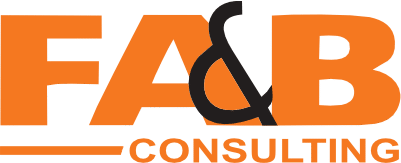adjust | thrive courage

This month we focus on Courage. Taking accountability and creating a better future for ourselves means taking the time to find the courage and focus on above the line behaviour (the concept we shared with you last time).
What comes to mind when you think of courage? Maybe your mind sees visions of brave and heroic deeds like climbing Mount Everest, sky diving or rescuing someone at sea. All of these are most certainly what courage looks like, however it also looks like sweaty palms, shaking hands and a stammering voice. Courage is not the absence of fear – rather, courage acknowledges fear and doesn’t let it have the final say.
WHAT IS COURAGE?
Courage comes from the Latin – cor or heart. It is the same root word as the Spanish “corazon” (heart) and the French, cor(from the heart). Brené Brown (a research professor who has spent the past two decades studying courage) says courage is about the inner strength and level of commitment required for us to be open and honest with ourselves and others about who we are and about our experiences – good and bad. Speaking from our hearts is courage.
WHAT COURAGE IN THE WORKPLACE MIGHT LOOK LIKE FOR YOU
It may look like holding yourself and others accountable to what you actually do and what you said you were going to do. It might look like calling out disrespectful behaviour, ego projections and when someone breaks your trust. And it also might look like having the awareness and empathy to understand the impact decisions and behaviour (yours or others’) is having on your team, your company and your customers.
FIVE WAYS TO BUILD COURAGE AT WORK
- Get clear on your purpose
- Ask questions and listen to understand
- Speak succinctly with candour
- Be open to input
- Tame your inner critic.
TAKING ACTION
It takes bravery to accept responsibility for the position you find yourself in. It takes courage to hold yourself accountable for every decision, action, attitude and results in your life, and to learn from your mistakes and to reflect on your choices. A thin line separates positive from negative, and success from failure. The only thing between the two is your choice, and the first step in taking accountability is having the courage to acknowledge and then accept reality.
TO PONDER
What is the reality you most need to acknowledge in order to achieve the results you want? Consider feedback you have received recently or at any time in your professional career. Do you need courage to:
- See: What were you choosing not to see?
- Change: What new perspective could you take on it now?
- Develop: How can this situation help your future development?
We never feel ready to do something courageous. We tell ourselves that we think we need to be confident before being courageous, but that’s not how it works. Even when you’re afraid, you’ve just got to go for it!

0 Comments